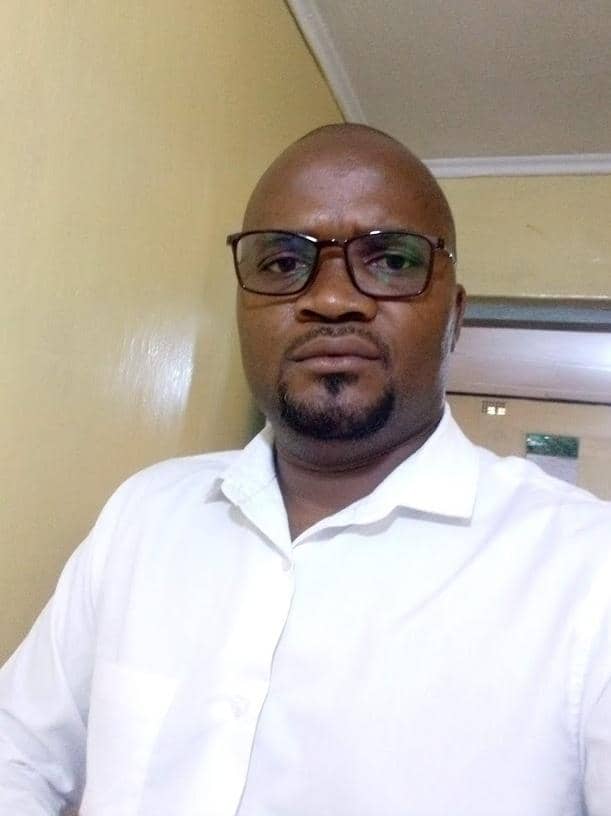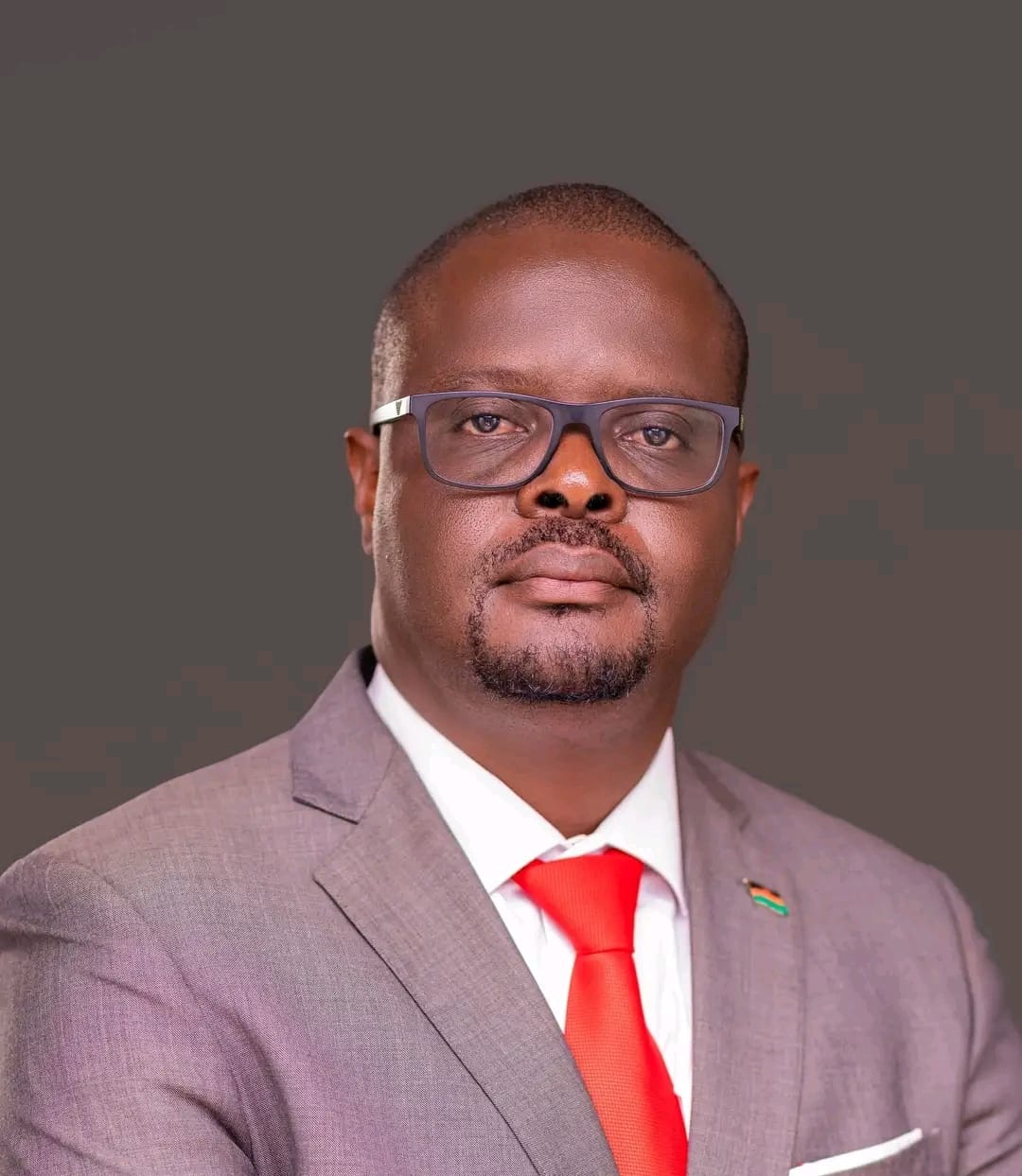By Burnett Munthali
Introduction
Comrade Edwards Kambanje is a vocal advocate for citizen rights in Malawi and a key member of the Concerned Citizens of Malawi movement. Known for his unyielding stance against oppressive policies and actions by the government, Kambanje has become a respected figure in the fight for greater transparency and accountability in the country. He has consistently spoken out on issues related to governance, human rights, and the protection of civil liberties.
Welcome, Comrade Edwards Kambanje, and thank you for taking the time to join us today. We appreciate your unwavering commitment to the people of Malawi and your tireless efforts to ensure that the voices of ordinary citizens are heard. Your work and insights are invaluable, especially when it comes to holding the government accountable for actions that may affect the well-being and freedoms of Malawians. We are honored to have you with us for this important discussion.
Questions
1) Burnett Munthali:
Comrade Kambanje, thank you once again for joining us. To begin, what is your main concern regarding the purchase of the surveillance machine by the Malawi Communications Regulatory Authority (MACRA)?
Comrade Edwards Kambanje:
My primary concern is that this surveillance system is a dangerous step towards increasing state control and surveillance over ordinary citizens. We cannot ignore the possibility that such equipment may be used to infringe upon our rights, invade privacy, and silence dissent. This is not a move toward progress, but one that could facilitate authoritarianism.
2) Burnett Munthali:
You mentioned in your earlier comments that you are “not convinced” by what Suleman has said in defense of the deal. Could you elaborate on the specific points that you find unconvincing?
Comrade Edwards Kambanje:
Suleman’s defense lacks transparency and accountability. He has not provided a clear justification for why such an expensive surveillance system is needed, particularly when there are pressing issues in the country such as poverty and healthcare. His argument seems more like a smokescreen to distract from a hidden agenda, and that raises a red flag for me.
3) Burnett Munthali:
You have compared this move to actions in Zimbabwe and Kenya. What exactly do you mean by that, and how does this surveillance machine fit into that comparison?
Comrade Edwards Kambanje:
In Zimbabwe and Kenya, we saw similar technologies used to monitor, track, and control citizens, particularly those who voiced opposition to the government. The use of surveillance in these countries has been an integral part of oppressive regimes that suppress freedoms and undermine democracy. We risk heading down the same path if this machine is allowed to operate unchecked in Malawi.
4) Burnett Munthali:
Do you believe that there are any genuine national security or public safety reasons for purchasing such surveillance technology, or is it purely a tool for control?
Comrade Edwards Kambanje:
National security and public safety are legitimate concerns, but this system seems disproportionate to the actual threats we face. We must ask ourselves: why is there such a sudden need for such advanced surveillance? Instead of addressing the real issues facing our country, like corruption and social inequality, this system appears to be a tool for government control and suppression of dissent.
5) Burnett Munthali:
Do you have concerns about the lack of public consultation and transparency regarding the decision to purchase this surveillance system?
Comrade Edwards Kambanje:
Absolutely. This decision was made behind closed doors, without input from the public or civil society organizations. The people of Malawi should have a say in decisions that impact their lives, especially when it comes to surveillance and the potential invasion of privacy. The lack of transparency is deeply troubling and only adds to the suspicion surrounding this deal.
6) Burnett Munthali:
In your view, what is the broader impact of such surveillance systems on freedom of expression and democratic rights in Malawi?
Comrade Edwards Kambanje:
The broader impact is that it creates an environment of fear and self-censorship. Citizens will begin to fear speaking out against the government, knowing that they could be monitored. This stifles the fundamental rights to free speech and expression, both of which are the cornerstone of any thriving democracy. If the government is serious about democracy, it should not be investing in tools that limit those freedoms.
7) Burnett Munthali:
There are concerns that this surveillance system could be used to monitor political opponents and activists. Do you think this is a legitimate concern?
Comrade Edwards Kambanje:
Yes, I think it’s a very real concern. The history of surveillance in authoritarian regimes shows that it is often used to monitor political opponents, human rights activists, and anyone who challenges the status quo. Given the current political climate in Malawi, there’s every reason to believe that this system could be used to track and intimidate those who oppose the government.
8) Burnett Munthali:
How do you propose the government should address the issue of national security and crime without resorting to mass surveillance systems?
Comrade Edwards Kambanje:
There are other, more effective ways to address national security and crime, such as improving the capabilities of our law enforcement agencies, enhancing community policing, and addressing the root causes of crime, like unemployment and poverty. Instead of resorting to surveillance, the government should focus on building trust between the public and the police, which will lead to better cooperation in addressing security issues.
9) Burnett Munthali:
What would you say to those who argue that such surveillance systems are necessary to combat crime, cyber threats, and terrorism?
Comrade Edwards Kambanje:
While cyber threats and terrorism are serious issues, we need to ensure that our efforts to combat them do not trample on fundamental freedoms. There are more targeted and specific ways to address these problems without resorting to broad surveillance. This system, as it stands, does not appear to be a solution, but rather an overreach that could harm the very freedoms we are trying to protect.
10) Burnett Munthali:
Finally, Comrade Kambanje, what is your last thought on this matter, and what would you like to see happen moving forward?
Comrade Edwards Kambanje:
My last thought is simple: the people of Malawi deserve better. We must not allow this surveillance system to be used as a tool for oppression. I call on all Malawians to stand up and demand transparency, accountability, and respect for our democratic rights. We cannot allow our freedoms to be compromised under the guise of security.
Thank you for sharing your candid thoughts, Comrade Kambanje. You have clearly articulated the concerns that many Malawians share about the potential risks of this surveillance system. It is crucial that citizens continue to engage in these conversations and hold their government accountable to ensure that decisions made are truly in the best interests of the people.
Conclusion
On behalf of everyone here, I would like to extend our heartfelt thanks to you, Comrade Edwards Kambanje, for joining us today and sharing your valuable insights on this important issue. Your dedication to fighting for the rights of ordinary Malawians is truly inspiring. We hope that this conversation will encourage more dialogue and lead to greater transparency in the decisions that shape our country. Thank you once again for your time and for standing up for the people of Malawi.




